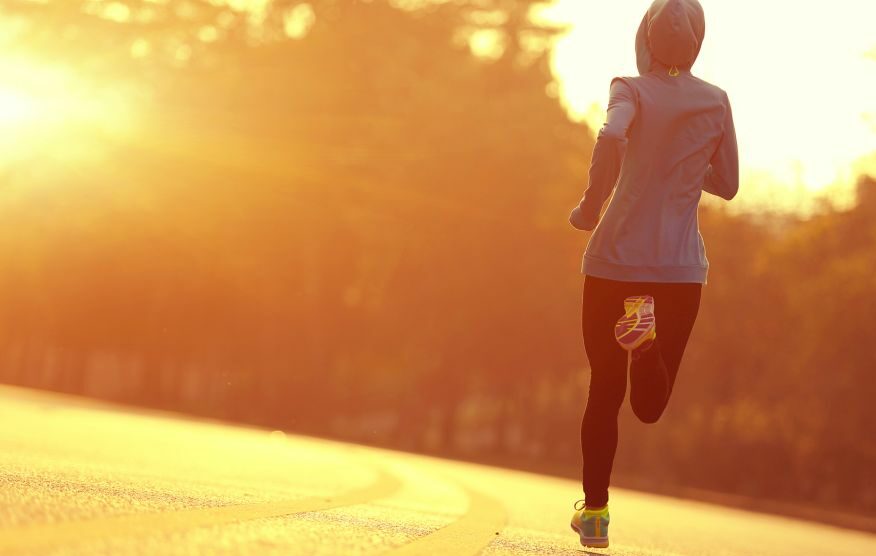Runners, your glutes are your powerhouse. They stabilize your hips, propel you forward and help keep injuries at bay. But not all glute exercises are created equal—we’ve nailed down the best ones to keep you strong and injury-free. Backed by biomechanics research, these moves are proven to deliver results.

Why strong glutes matter for runners
Your glutes, especially the gluteus medius and the upper part of the gluteus maximus, are key muscles for efficient running. These muscles help keep your hips stable and your stride smooth. When the glutes aren’t pulling their weight, other muscles overcompensate, increasing the risk of injury—proof that strong glutes are a runner’s best friend. Targeted exercises can strengthen your glutes and teach them to take on their proper role while reducing strain on other muscles.
A study had 40 recreational runners perform various exercises while researchers used special sensors to measure how much the glute muscles were working. By analyzing these measurements, they identified the exercises that best activated the glutes without overusing other muscles, ensuring they were the most effective for building strength and improving running form.

The top four
Clamshells
Why it works: A must-do, this exercise isolates and strengthens the smaller glute muscles for better hip control.
Lie on your side with your knees bent and feet together.
Keeping your feet touching, lift your top knee like opening a clam shell. Lower back down with control.
Sidesteps with bands
Why it works: This exercise works the muscles on the sides of your hips to improve stability and control.
Place a resistance band around your thighs, just above your knees.
Get into a squat position: knees slightly bent, back straight, and chest up.
Step sideways, keeping tension on the band, and avoid letting your knees cave in.
Take 10-15 steps in one direction, then return the other way.
Single-leg bridges
Why it works: Single-leg bridges target the large glute muscles and help build strength and balance.
Lie on your back with one foot flat on the ground and the other leg extended straight up.
Press through the heel of the grounded foot to lift your hips until your body forms a straight line from shoulders to knee.
Quadruped knee flexion (donkey kicks)
Why it works: This move isolates your glutes while improving hip extension and overall stability.
Start on all fours, with your hands under your shoulders and knees under your hips.
Keeping your core tight, lift one knee off the ground and drive your heel up toward the ceiling, maintaining a bent knee.
Slowly lower your leg without letting it touch the floor and repeat 12-15 times on each side.
Incorporate a couple of these moves into your routine two to three times a week for noticeable results. If you’re new to running or strength training, it’s a great idea to check in with your favourite medical professional before diving in.

